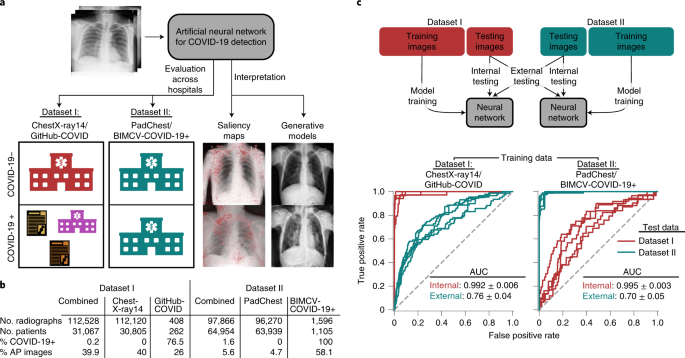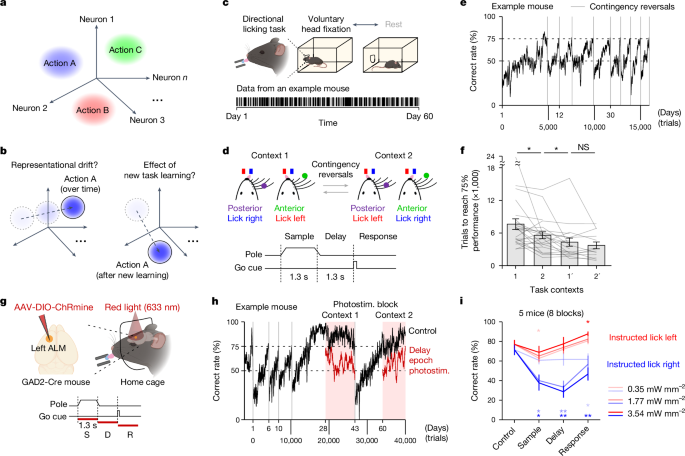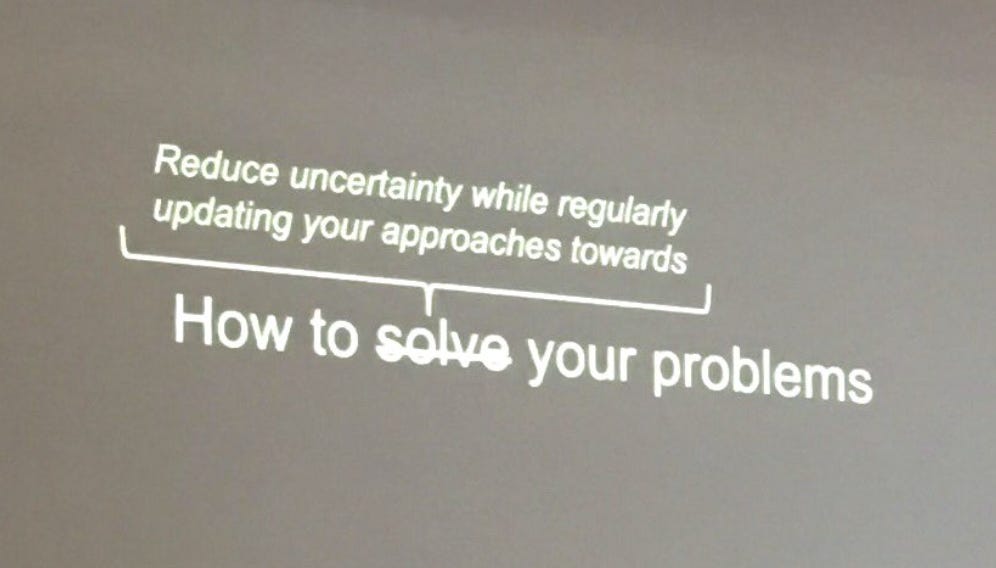NIH-developed AI algorithm matches potential volunteers to clinical trials
Researchers from the National Institutes of Health (NIH) have developed an artificial intelligence (AI) algorithm to help speed up the process of matching potential volunteers to relevant clinical research trials listed on ClinicalTrials.gov. A study published in Nature Communications found that the AI algorithm, called TrialGPT, could successfully identify relevant clinical trials for which a person is eligible and provide a summary that clearly explains how that person meets the criteria for study enrollment. The researchers concluded that this tool could help clinicians navigate the vast and ever-changing range of clinical trials available to their patients, which may lead to improved clinical trial enrollment and faster progress in medical research.
A team of researchers from NIH’s National Library of Medicine (NLM) and National Cancer Institute harnessed the power of large language models (LLMs) to develop an innovative framework for TrialGPT to streamline the clinical trial matching process. TrialGPT first processes a patient summary, which contains relevant medical and demographic information. The algorithm then identifies relevant clinical trials from ClinicalTrials.gov for which a patient is eligible and excludes trials for which they are ineligible. TrialGPT then explains how the person meets the study enrollment criteria. The final output is an annotated list of clinical trials—ranked by relevance and eligibility—that clinicians can use to discuss clinical trial opportunities with their patient.




















